Creation of new provinces Pakistan’s ‘national necessity’
Pakistan’s constitution allows new provinces, and Kamran Khan says the ruling majority has the power to act
News Desk
The News Desk provides timely and factual coverage of national and international events, with an emphasis on accuracy and clarity.
Kamran Khan has called the creation of new provinces or administrative units in Pakistan a “national necessity,” arguing that the country’s survival depends on a fairer distribution of political power and economic resources.
In his vlog, Khan said that both Pakistan’s constitution and judiciary provide space for new administrative arrangements. He noted that ruling parties currently enjoy two-thirds majorities in parliament and provincial assemblies, giving them the constitutional authority to make such changes.
Khan stressed that both the civil and military leaderships desire “good governance and economic growth without discrimination.” He also pointed out that citizens have a constitutional right to express their will through referendums on critical matters.
Comparison with India
Drawing a comparison with neighboring India, Khan highlighted how Pakistan’s administrative structure has lagged behind. India, four times larger in area and six times bigger in population, has 28 states and nine union territories.
“Yet none of India’s states is bigger in area than Balochistan,” Khan said, noting that Rajasthan, India’s largest state, is slightly smaller than Pakistan’s largest province. He added that Punjab alone accounts for 53% of Pakistan’s population and 173 out of 336 National Assembly seats.
“Pakistan’s Punjab is larger in both population and size than India’s Punjab by nearly four times,” Khan said, calling this imbalance a key driver of demands for more provinces.
Calls from the business community
Khan said that the Federation of Pakistan Chambers of Commerce and Industry (FPCCI) and the broader business community view centralized authority as a roadblock to economic growth. These groups have openly called for new administrative units.
“The business community believes devolution is vital for growth,” Khan said, adding that without equitable resource distribution, democracy itself loses meaning.
Historical context
Pakistan had only four provinces after the “One Unit” system was abolished in 1970. At the time, the country’s population stood at around 60 million. Today, it has grown to 250 million, yet no new provinces have been created.
Khan pointed to India’s trajectory since partition, when it had nine provinces. The country has since expanded its administrative map several times to address governance challenges.
“Many Indian states have populations smaller than Karachi alone,” Khan said, noting that some Indian states such as Nagaland and Tripura have fewer than five million residents. In contrast, Karachi’s population is estimated at around 25 million.
Administrative options
Khan said new units do not necessarily have to be formed on ethnic or linguistic lines. Instead, they could be designated as “North,” “South,” “East,” “West” or “Central,” based on geographic or functional considerations.
He added that Pakistan has precedent for major territorial adjustments. Gwadar was purchased from Oman in 1958 and merged into Balochistan, while the Federally Administered Tribal Areas (FATA) were integrated into Khyber Pakhtunkhwa through the 25th Amendment in 2018.
“If Gwadar could be merged and FATA could be integrated, then why can’t Pakistan create new units for stronger governance and faster problem-solving?” Khan asked.
A matter of survival
Khan described the creation of new provinces or units as a question of “political, economic and administrative survival.” He argued that resource distribution, representation, and governance cannot be effectively managed under the current structure.
“Without fair distribution of resources, authority and representation, what is the meaning of democracy?” he said.
For Khan, the question is not whether new provinces are possible, but why the political class continues to delay what he believes is now an unavoidable step.


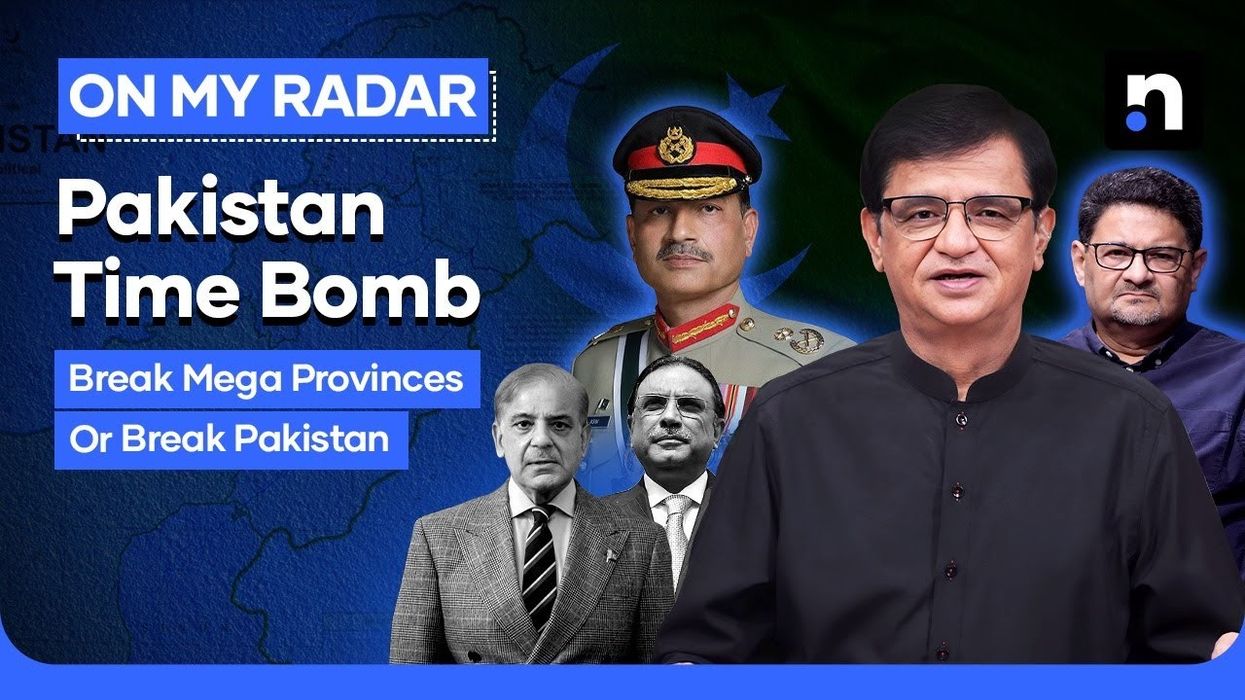
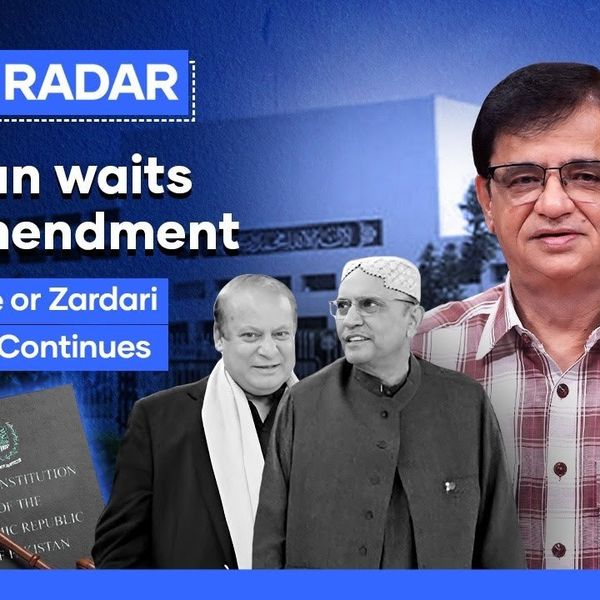
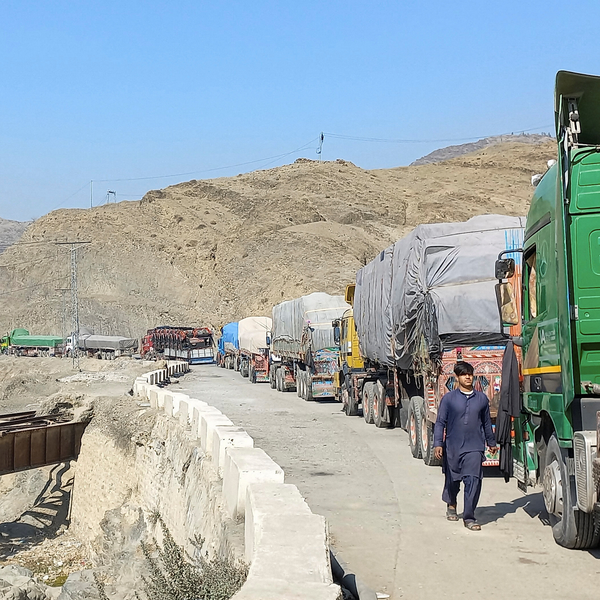
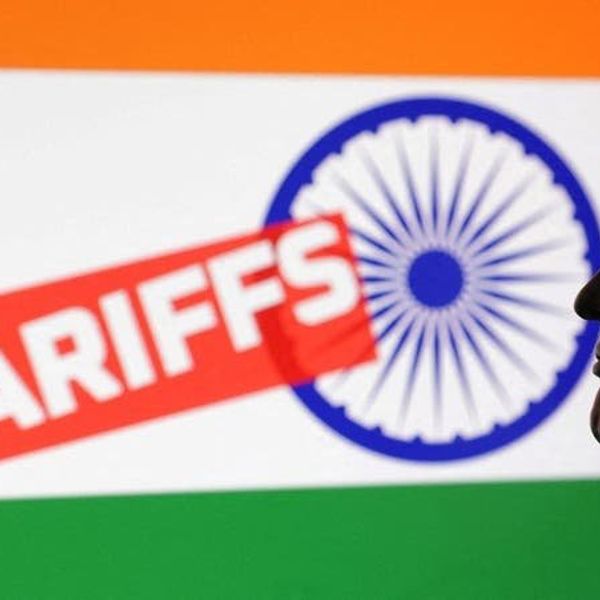
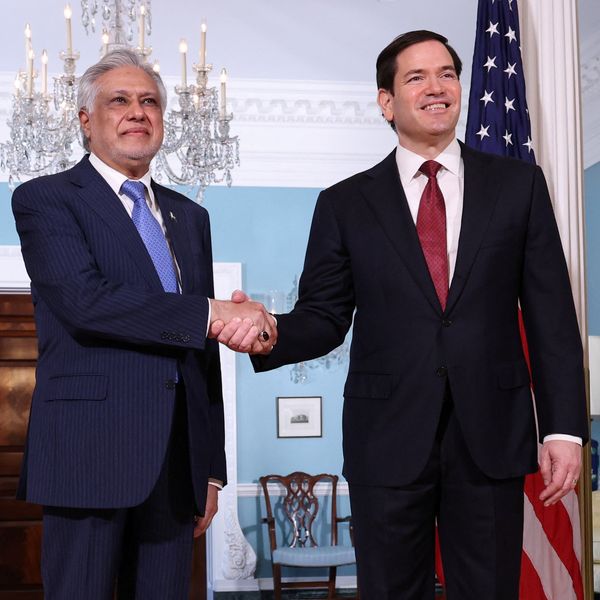




Comments
See what people are discussing